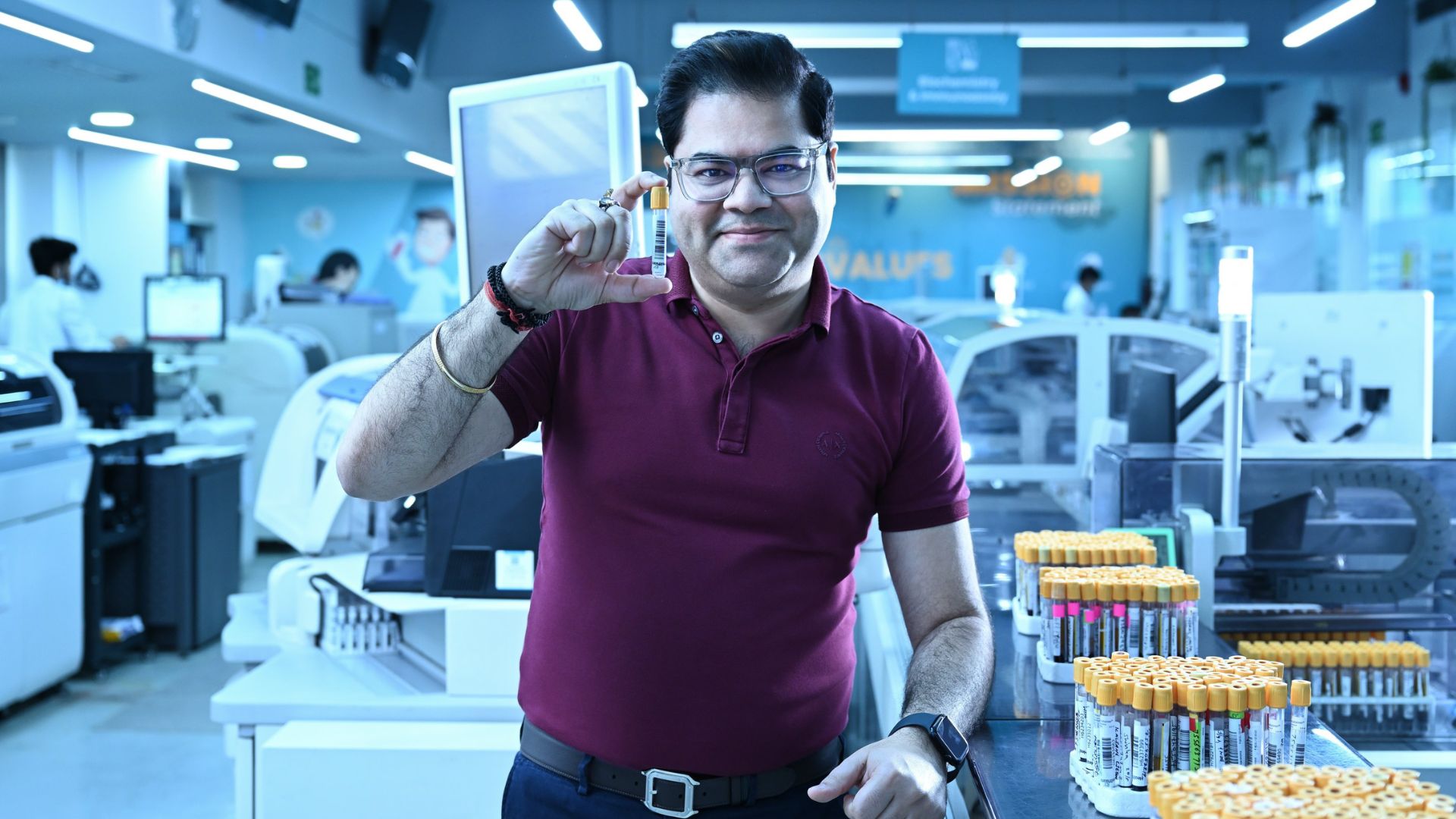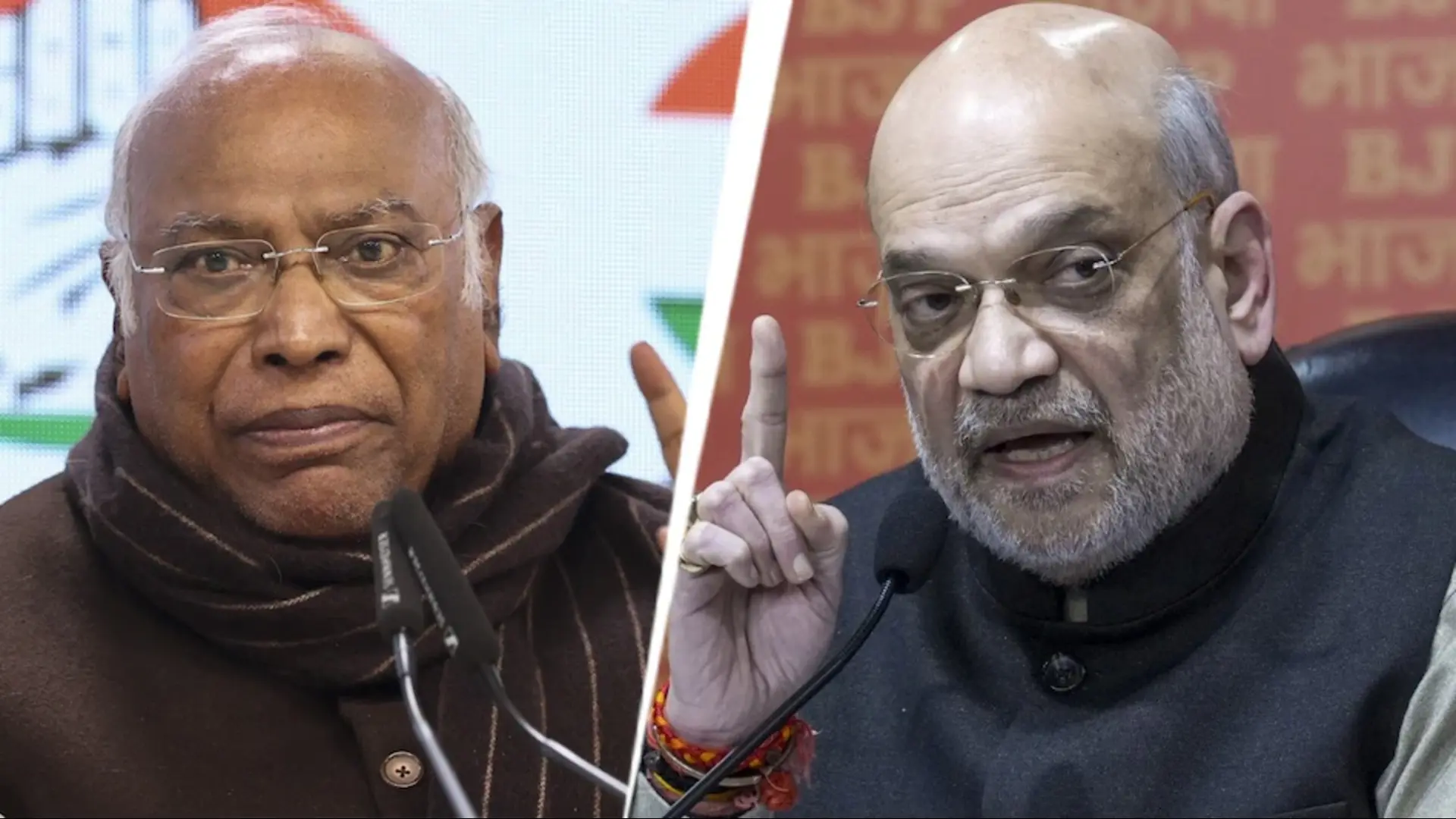
All eyes are on Finance Minister Nirmala Sitharaman as she delivers her seventh consecutive Union Budget, a first for any finance minister in India. Although we are now the world’s fifth-largest economy, India still has a long way to go in terms of improving the health metrics of its population.
This is not to discredit the strides made by our country. Life expectancy has steadily increased (barring a dip during the pandemic), communicable diseases have reduced and neonatal mortality rates have also gone down. However, health service coverage is still low for Indians, especially in rural areas. There is also not enough of a focus on preventive health, which can make a big difference in reducing chronic illnesses over the long term, and therefore, reducing the burden on health services.
Here are some of the recommendations that we think could make this budget a game-changer for India’s health story.
Tax Breaks for the Private Sector
Public-private partnerships (PPPs) are crucial in securing the reach of healthcare services to the most remote locations. If the government focuses more on this, quality diagnostic services can be made accessible in the deepest interiors of the country. If the government treats the private sector like a collaborative partner, the private sector’s rapid scaling can be used to contribute to nation-building.
Incentives such as depreciation allowances for investments in diagnostic infrastructure and simplification of business processes should be introduced to boost private healthcare.
Implementing Zero-rating GST or an inclusive 5% GST with Input Tax Credit for the healthcare sector, especially the diagnostic sector, can ease financial burdens for companies and make quality diagnostic services more affordable and accessible.
The request for a reduction in custom duty on imported diagnostic equipment and reagents is crucial. High custom duties can significantly drive up the costs of these essential items. At present, India imports 80% of medical equipment from foreign countries such as the USA, China, Germany, Netherlands, and Singapore. Atmanirbhar Bharat is the way to go for our country, but the government needs to balance the goal of self-sufficiency along with the pressing need for affordable healthcare.
It will take a few more years before India can meet its own medical equipment requirements, and therefore, until then, a relaxation in custom duties would make such equipment more affordable, thereby reducing the cost of diagnostic services.
Address Labour Shortages
Last year, there were a number of initiatives taken by the government to address manpower needs. This includes the introduction of multidisciplinary courses that impart knowledge on medical devices in existing medical colleges. This will ensure that India has enough availability of manpower for medical technologies in the years to come. The government had also announced that it planned to set up more medical colleges by utilising the existing hospital infrastructure under various departments.
Trained and professional labour in the healthcare sector is of paramount importance. We hope that the government continues its focus on skill development and training programs for medical professionals in the industry. This will help to address the skilled labour shortage in particularly the diagnostic sector and the healthcare sector at large.
R&D and backing Emerging Technologies
The previous budget’s substantial dedication to Research and Development, demonstrated by a corpus of Rs.90,000 crores and a 50-year interest-free loan for emerging sectors, was an encouraging step to motivate private entities to boost healthcare research and innovation, particularly among startups. We expect the forthcoming budget to promote the growth of a strong and adaptable healthcare system. We request for more government investment in research and development within the diagnostic and pathology sector. This could foster innovation and lead to more accurate and faster diagnostic techniques.
Rapid advancements in digital healthcare backed by Artificial Intelligence and Machine Learning are significantly surmounting barriers of accessibility and affordability. There are a number of Indian startups making waves in areas such as breast cancer diagnosis, radiology and health data analytics. Promoting such innovative healthcare delivery models through tax incentives on technology, facilitating an ecosystem for such initiatives, and fostering public-private partnerships in these areas will be beneficial.
The government’s backing of digital health platforms is extremely important, especially in the context of remote diagnosis. The COVID-19 pandemic has accelerated the adoption of telehealth and digital health solutions. By supporting the growth of this sector, the government can ensure that healthcare services reach even the most remote corners of the country, bridging the gap between urban and rural healthcare, and ensuring that everyone, irrespective of their location, has access to quality healthcare services.
Healthcare’s transformative potential
Access to good quality and affordable healthcare has many domino effects – it can improve education outcomes, it makes more money available for consumer spending and it makes for a more productive workforce. Each of the steps outlined above will play a crucial role in ensuring that India becomes a pioneer in healthcare delivery, medical technology, accessibility, and innovation. All it takes is focusing on the right areas.














